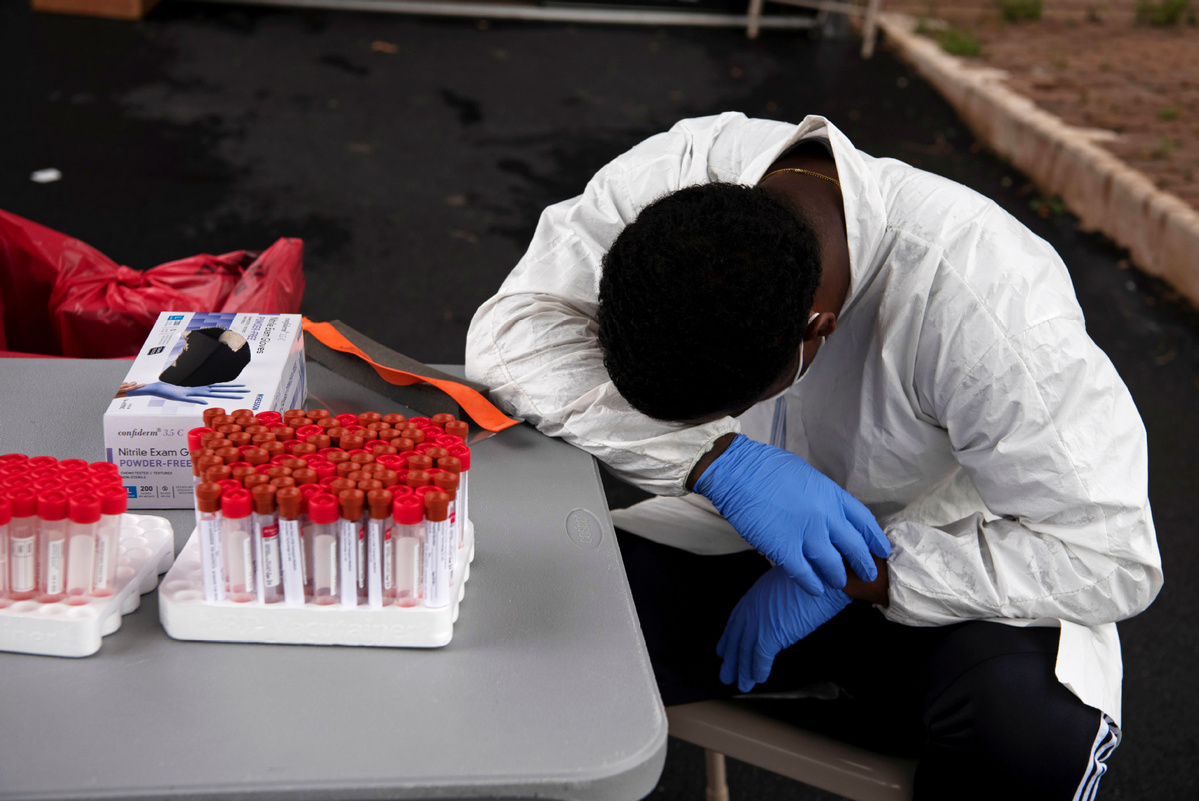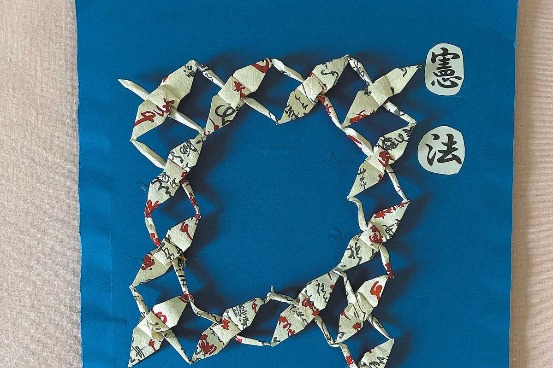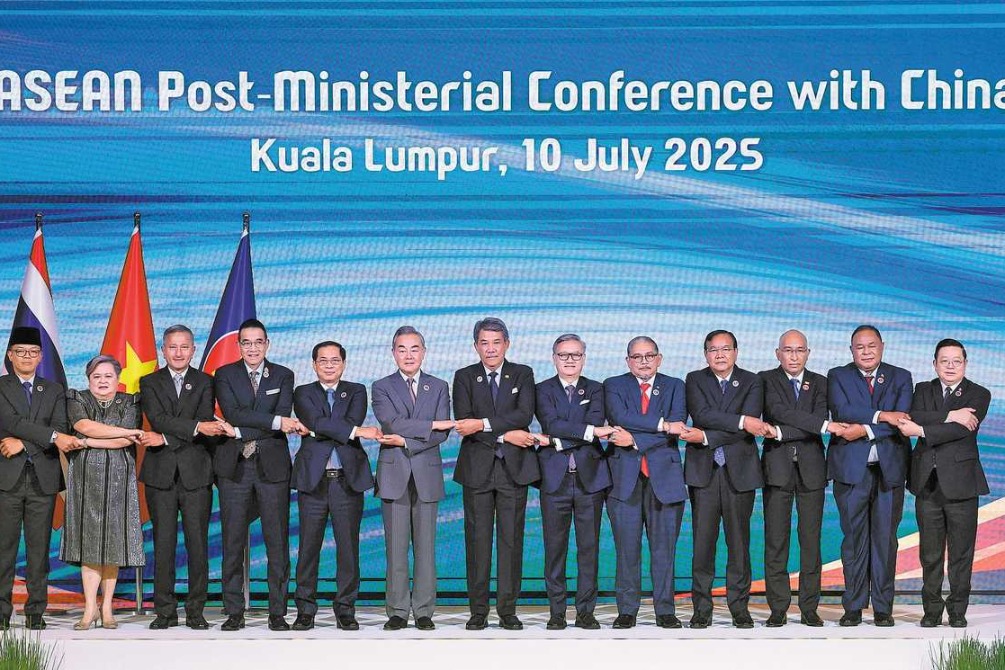US should also open institutes to probes

While the world still remains in the shadow of the COVID-19 pandemic, scientists' efforts in getting to the bottom of its origin seem to have been drowned in the seas of political posturing by unsubstantiated scapegoating from the White House and conspiracy theories.

Washington seems to be seeking to ramp up the China-bashing to establish Beijing's culpability in the outbreak's spread, but new scientific findings have come to light, showing that there were cases of dubious respiratory illness outside China before the outbreak in Wuhan.
On March 11, Robert Redfield, director of the US Centers for Disease Control and Prevention, while testifying before Congress, conceded that numerous deaths from respiratory illness with pulmonary fibrosis symptoms had been wrongly categorized as flu.
Although he stopped short of revealing the timeline and localities of such deaths, in retrospect, an outbreak of respiratory illness at the Greenspring Retirement Community in Springfield, Virginia - with 63 cases of infections out of a total of 263 residents - reported by media in the United States in July last year, seems to fit the description, although it was not reported to the World Health Organization.
Neither did the CDC reveal to the US public the cause of the outbreak.
Cases of such nature warrant in-depth investigation by a WHO-led team.
If the Wuhan laboratory is to be scrutinized for fear that the outbreak might have begun through contact with infected animals or due to an accidental leak, as suggested by the director of national intelligence of the US, the same is equally applicable to the US Army Medical Research and Development Command, a biological lab, at Fort Detrick, Maryland, which was temporarily closed in August last year, purportedly due to biosafety considerations.
So why should the proposed investigation focus only on Wuhan when more new clues linked to the virus origin were observed across the world?
Now that a WHO-led team is in China to investigate the zoonotic connection to SARS-CoV-2, which causes COVID-19, the US should also open its institutes to similar probes.
In recent weeks, scientists at the Institut Pasteur in Paris have traced the outbreak in France to a locally circulating strain of unknown origin. And Karol Sikora, dean of medicine at Buckingham University in the United Kingdom, reported clues of local cases in December, though "in isolated small pockets".
Researchers at the University of Barcelona in Spain have detected the presence of the novel coronavirus in wastewater samples collected on March 12, 2019. The presence of coronavirus in sewage samples from November and December have also emerged in Italy and Brazil.
What might baffle US politicians is that the early outbreak in the US apparently owed its origins not to China. A team of geneticists from Oxford University had reportedly found that the dominant strains circulating in China and Asia were genetically younger than some strains in the US.
Compounded by the timeline of July and August 2019 events in Virginia and Maryland, this has further obfuscated the virus origin and its trail of spread.
While heaping the blame on China in an attempt to isolate it and to stymie its rise in geopolitical influence might suit the bipartisan agenda on Capitol Hill, it's certainly not a viable option to arrest the rapid spike in the pandemic and the floundering economy in the US.
The escalating China-bashing, if not demonizing, might succeed in cultivating a pervasive negative perception of China. However, it has contributed nothing to enable us to get closer to the truth of the deadly contagion.
As the world is getting globalized with everyone's interests intertwined, multilateral collaboration in pursuit of our shared destiny is now nothing but a hard fact of reality.
In this perspective, the international community, big and small nations alike, has every right to an impartial, independent investigation of the coronavirus origin and its cause when the pandemic recedes.
But any probe motivated by prejudgment or prejudice would only dent the credibility of such a multilateral endeavor in addressing the public health crisis, and consequentially reduce it to a meaningless tool serving the interests of specific nations in their bid to devastate the targeted country in a global geopolitical contest.
The author is chairman of the Centre for New Inclusive Asia, a think tank based in Kuala Lumpur, Malaysia. The views do not necessarily reflect those of China Daily.
































